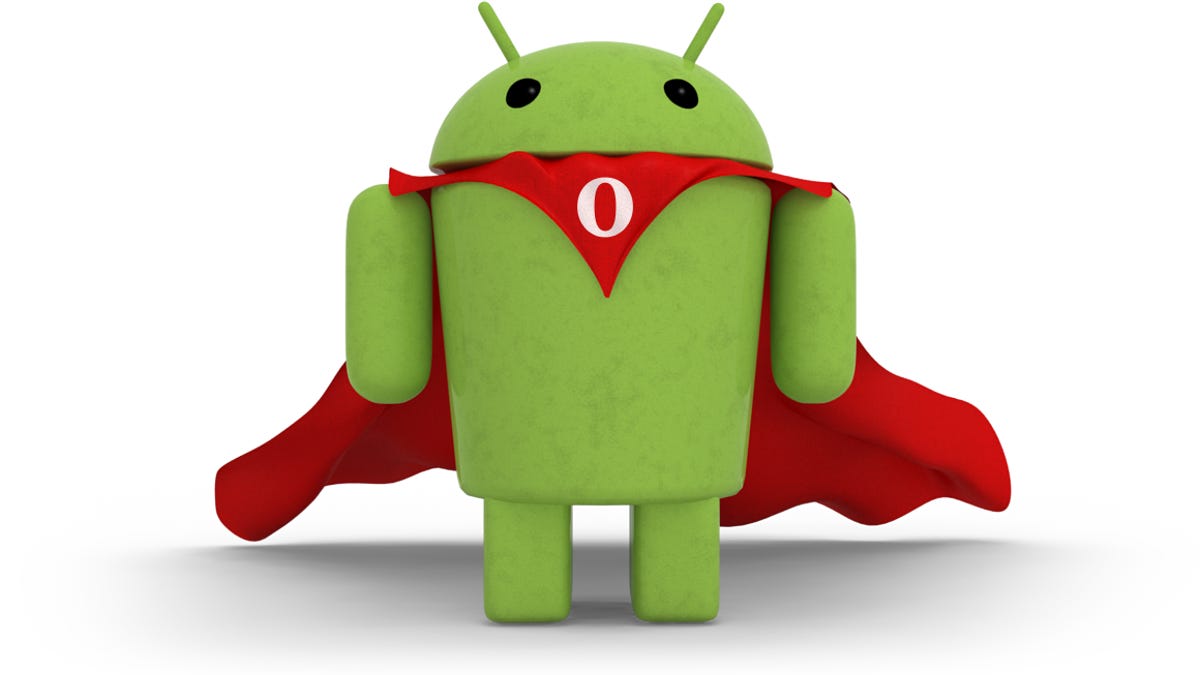Opera for Android to get HTML5 video, Flash
Two advanced features for a smartphone browser are coming to help make Opera Mobile for Android handle more than just text and graphics.

Two significant features are coming to Opera Mobile for Android, the Oslo company's higher-end smartphone browser: playing HTML5 video and accommodating Adobe Systems' Flash Player plug-in.
"New Web technologies aim to replace it, but Flash will be around for some time. If you have Flash player installed on your phone, Opera will support it," mobile team member Pavel Studeny said in a blog post on Saturday.
HTML5 video, one of those technologies that encroaches on Flash's turf, lets developers embed video directly into a Web page, as happens with images. It's also en route Studeny said. He didn't say when the two features will arrive.
Opera Mobile for Android is in beta testing. It competes most directly with the built-in browser that comes with Android, but also with a mobile version of Firefox that's also in beta testing (a third beta of which should arrive soon) and a handful of other browsers. Google permits other browsers to be installed on Android; Apple only permits alternative browser user interfaces that use iOS's browser engine under the hood.
Opera Mobile is written in the C++ programming language, not the Java variant that most Android applications use. That's possible because of a feature called the Java Native Interface (JNI) that enables a hybrid programming approach. Studeny said:
Luckily, Java allows class methods to be loaded from external libraries through a special interface, JNI. The external libraries can be written in any language. That's how we do it. We keep all the browser code in such external libraries and use a tiny Java code that loads them. This works very well, although debugging in multiple programming languages isn't that easy.
Opera also offers a lighter-weight mobile browser called Opera Mini that works with Android, Apple's iOS, and several other operating systems. Opera Mobile has a built-in browser engine, but Mini requires an Opera server to browse the Web page, boil it down to a smaller size, and send it to the Mini browser for viewing. This brings the browser to lower-end phones and is adapted for worse network connections, but it detracts from some browsing experiences such as running interactive Web applications.

